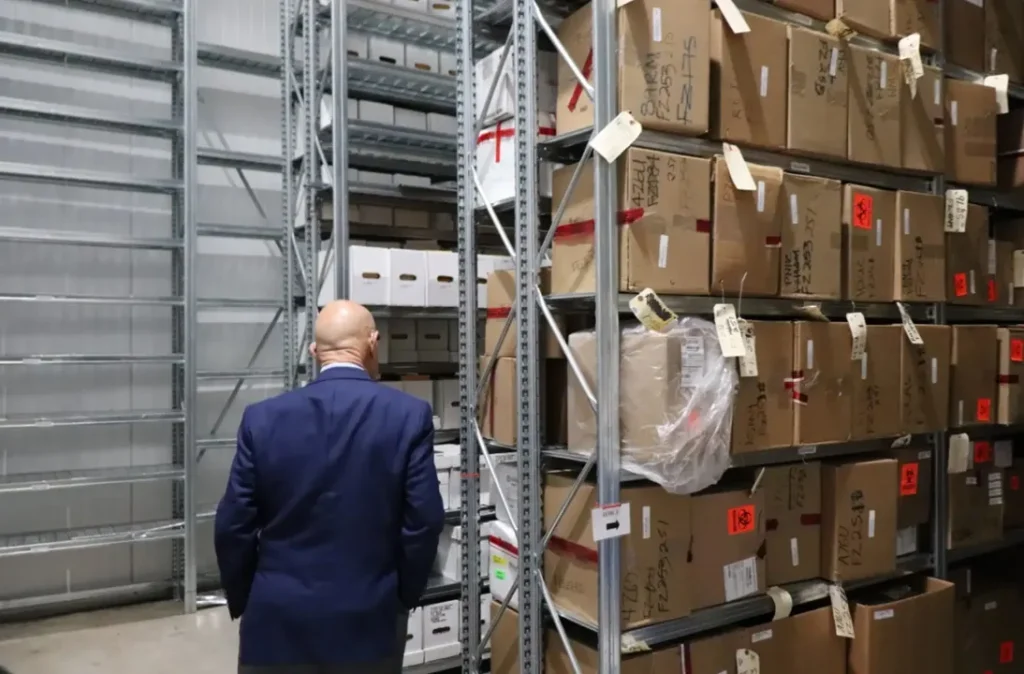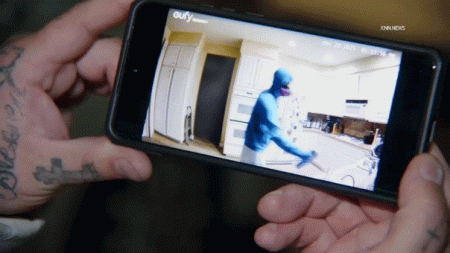The Houston Police Department (HPD) and the Harris County District Attorney’s Office have unveiled a significant overhaul of their evidence storage and processing procedures, spurred by a rodent infestation that compromised stored marijuana. The infestation, discovered in October, highlighted a larger issue of excessive and unnecessary evidence retention, prompting officials to collaborate on a comprehensive solution. The sheer volume of stored evidence, coupled with outdated practices, created an environment conducive to rodent activity and mold growth, potentially jeopardizing the integrity of critical evidence for ongoing and future cases.
The rodent infestation, though initially focused on marijuana, exposed a systemic problem within the HPD’s evidence storage practices. Approximately 400,000 pounds of marijuana were stored, becoming a feast for the rodents. This startling revelation underscored the need for a more efficient and streamlined approach to evidence management. The sheer quantity of outdated and irrelevant evidence created unnecessary storage burdens and, as the rodent infestation demonstrated, posed a significant risk to the integrity of vital evidence. This incident served as a catalyst for immediate action and a comprehensive review of the existing system.
The core issue, as identified by Mayor John Whitmire, lies in the excessive retention of evidence long after its relevance to any active case has expired. The storage facility held approximately 1.2 million pieces of evidence deemed no longer necessary for legal proceedings. This vast collection included items ranging from mundane objects like sticks and tennis rackets to more unusual items like rocks, all retained from cases resolved years, even decades, prior. This unnecessary accumulation not only strained storage capacity but also created an environment conducive to deterioration and, as highlighted by the rodent infestation, contamination.
The existing system suffered from a confluence of factors hindering the timely disposal of irrelevant evidence. Communication breakdowns between relevant parties and outdated legal requirements contributed to the accumulation of obsolete materials. These systemic issues, coupled with the sheer volume of evidence, created a perfect storm for problems like rodent infestations and mold growth, potentially compromising the integrity of newer evidence crucial for active investigations and prosecutions. This situation raised concerns about the admissibility and reliability of evidence, potentially impacting past and future legal proceedings.
The discovery of the rodent infestation and its implications for evidence integrity has prompted concerns from legal professionals. Anthony Osso, a Houston criminal defense attorney, anticipates challenges to the integrity of evidence used in past cases, given the revealed storage conditions. The potential for contamination due to the rodent infestation and mold growth raises serious questions about the reliability of evidence used in convictions, potentially leading to appeals and retrials. This situation underscores the importance of proper evidence management in upholding the integrity of the justice system.
In response to the crisis, the HPD, in collaboration with the Harris County District Attorney’s Office and the Houston Forensic Science Center, has initiated a comprehensive plan to address the evidence storage issue. As an immediate step, all narcotic evidence obtained prior to 2015 will be destroyed, while meticulous records of the destroyed evidence will be maintained indefinitely. This decisive action aims to mitigate the immediate risk of further contamination and free up valuable storage space. Beyond this, the HPD is committed to working with the DA’s office to establish more efficient evidence handling procedures, ensuring that only relevant evidence is retained and that outdated materials are disposed of promptly and properly. This collaborative effort seeks to establish a sustainable system that safeguards the integrity of evidence while minimizing storage burdens and preventing future incidents.










